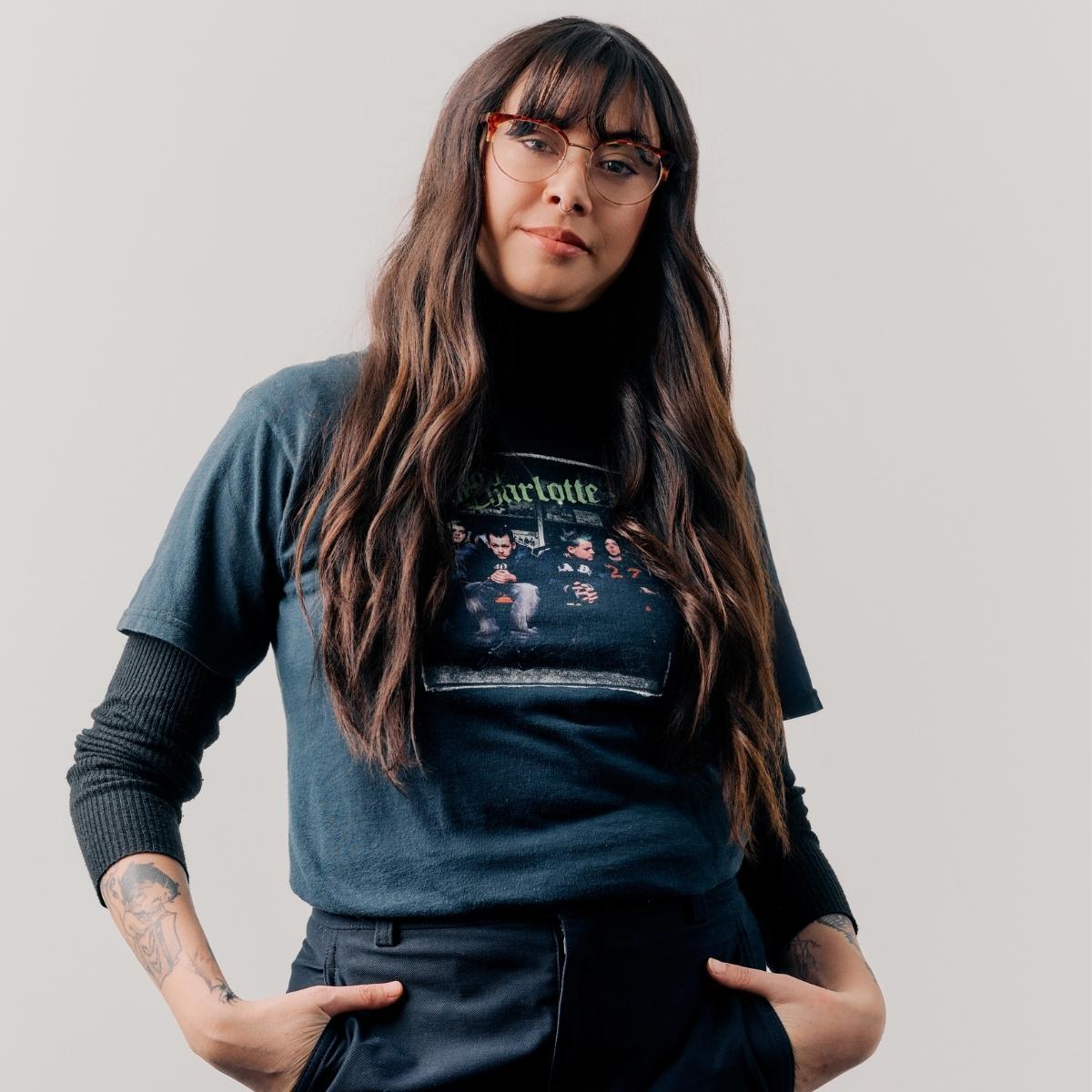'This Might Not Be Hell' is Greg Larsen's one-man play about life on the dole.
It's set in 2004, is based on true events and covers the boredom, depression and financial struggle of living day to day as an unemployed person during the Howard years.
'This Might Not Be Hell' is an honest look at what it's like to be dirt poor in Australia, following on from Greg's 2019 show 'Useful Idiot'.
Greg is one third of comedy podcast 'The Grub' with Anne Edmonds and Ben Russell. He also used to be in a punk band!
Here, he answers questions about 'This Might Not Be Hell'.
What made you decide to create a show like this?
I'm just sick of seeing people in the arts writing meta stories about other people in the arts. I'm sick of hearing about why the Academy Awards are important or why I should care that a millionaire movie star has been getting a hard time in the media. We are obsessed with the problems of the wealthy and I'm just bored to death of it. I'm from a working class background, I've been on the dole myself, and I've always thought about writing a show about what it's like to have to deal with Centrelink and the grind of unemployment. So I figured rather than write another meta, navel-gazing show about a struggling artist, I would finally write a show about a regular unemployed person and how they cope day to day. Also it's been decades since we've had a real increase in welfare payments and we are currently living under the most authoritarian, corrupt, and incompetent government this country has ever had, now just seems like the right time.
What kind of research/preparation went into putting 'This Might Not Be Hell' together?
It was mostly just remembering what it was like to be dirt poor and living on the dole. Just about everything in the show is based on my own personal experiences, but it is not an autobiography. As the show is set in 2004 and heavily involves music I also had to track down a working 2003 iPod that the main character uses and make sure that all the music on there was from 2004 or earlier and it's been a lot of fun listening to some old music and spending hours building playlists that I would have been into back in the day.
And how are you hoping audiences react to the material?
I don't want to tell people how they should think and feel about this show, partly because I don't want to give too much away, but partly because I want them to come to their own conclusions. But overall I hope they react by telling everyone they know that my show is good and by giving me lots and lots of money.
Did you put this show together with any particular person/people in mind?
The main character (James) is a composite character, largely based on myself and a few other people I knew. The events all really happened, but not necessarily in the order and timeline in which they are portrayed, and I've sometimes simplified or exaggerated certain elements to better tell a story that I feel is truthful without being a documentary. It's important to say that James is very similar to me, but he is not me. He is the version of me I think I could have become if I never went to uni, or never got into comedy. He is the version of me who didn't have a loving family that could help him when times were tough. So creating the show was creating an alternate version of myself.
What are you most looking forward to about showing this off to your audiences?
I suffer from extreme anxiety and depression, and I'm a month out from the most ambitious show I've ever done. I'm not 'looking forward' to anything other than being able to eat 1,000 chicken nuggets and lay in bed for the week after the show is over. But I guess I hope people like the scene with the dildo.
Tell us a bit about your punk band days.
From 2000 to 2004 I was in a punk band up in Brisbane called the Feminazis. We were a hard-left political punk band made up exclusively of dudes and we all wore dresses. At the time I think we thought we were being really subversive but looking back we were not much more than a punk version of 'The Footy Show'. Our songs were bad, we wrote lyrics about Medicare and the evils of funeral insurance, and we used to smash a lot of stuff on stage. It was right at a moment in history where the live music scene was dying in Brisbane, right before the whole city became a wasteland of rich boomers and large chain pubs with $2 steak nights. It was a dying scene filled with great musicians and groundbreaking bands and whilst we did share the stage with some legendary acts, we certainly weren't fit to. We sucked, but it was fun to be a part of it.
What are some of the challenges in presenting a one-man play?
It's very lonely. I've done a lot of live sketch shows and plays during the comedy festival but always with other people. It's fun to riff, write and perform together and there's a real sense of camaraderie. But doing it alone feels a lot more nerve-wracking and less exciting. Having said that I've had tremendous help from both Declan Fay and Henry Stone in workshopping it, but at the end of the day the hardest part is that it's all on me. I'm up there alone and I don't have anyone else to blame if it sucks. But I promise it won't suck!
Greg Larsen plays The Malthouse Theatre (Melbourne International Comedy Festival) 26 March-19 April.








